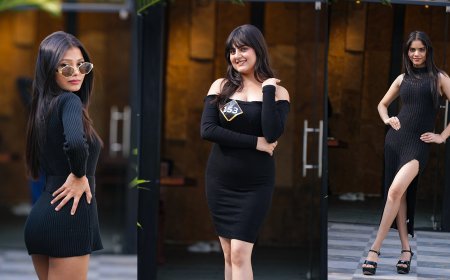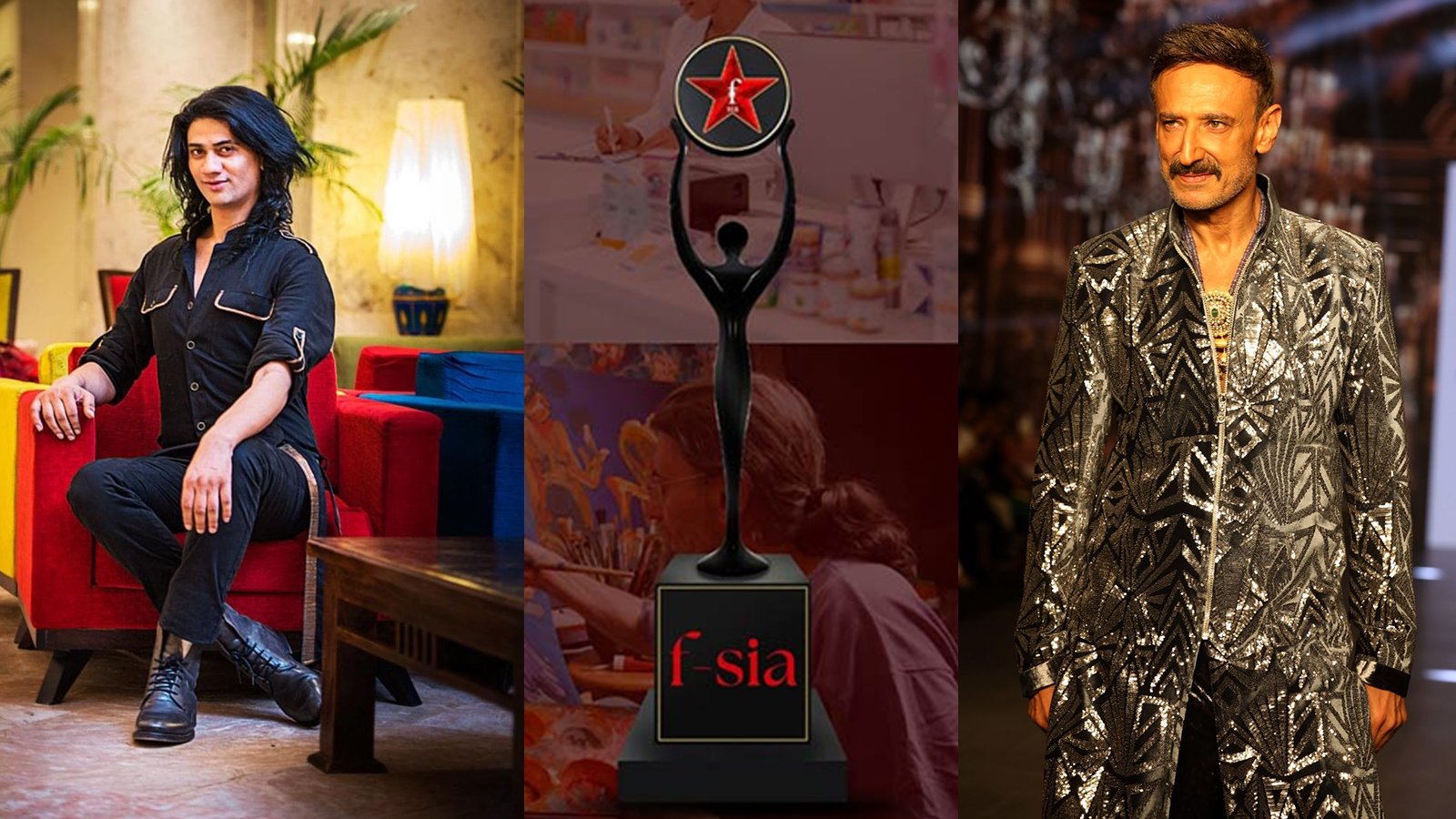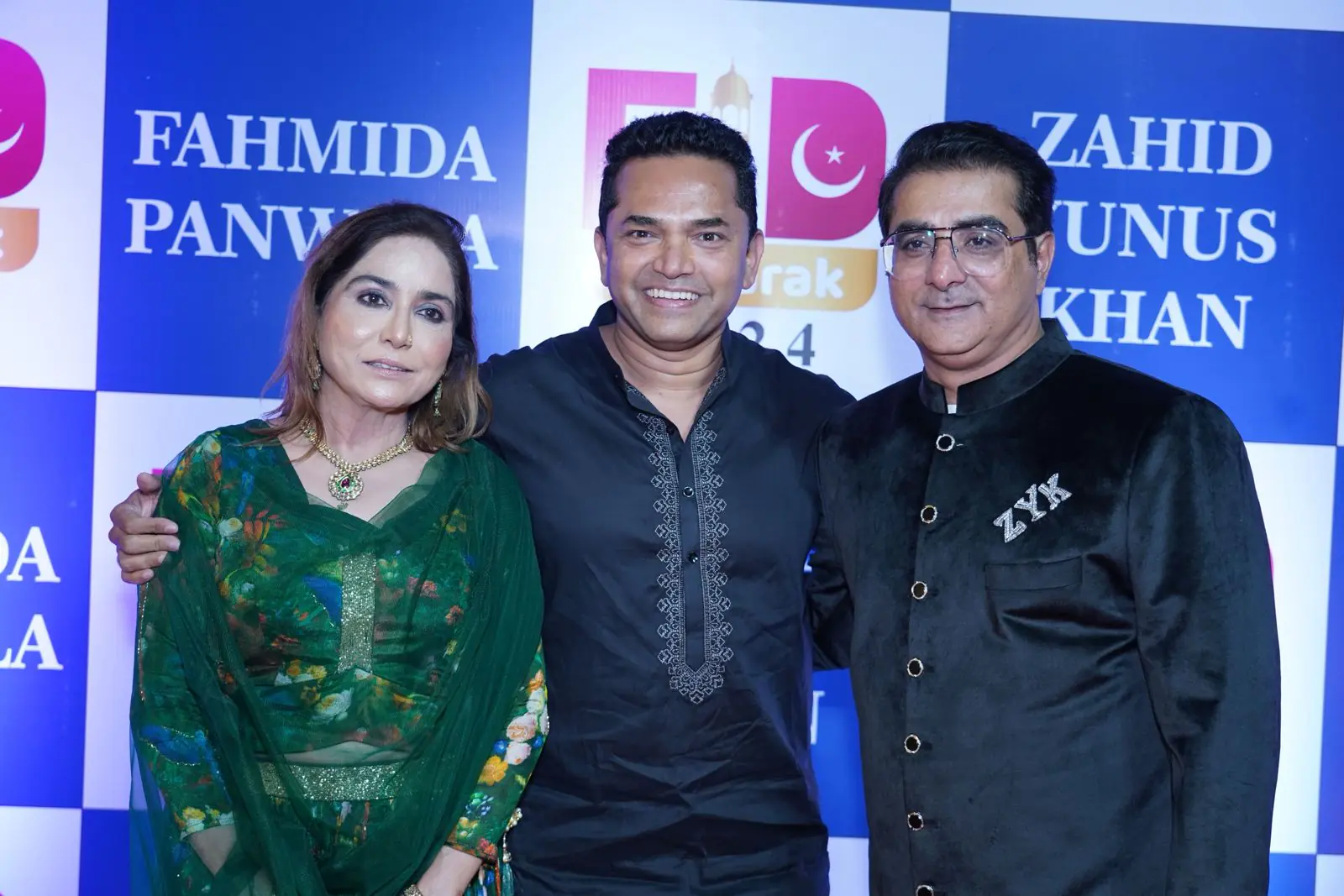The Mindful Fashion: How Amoree Luxe is Weaving Consciousness into Indian Fashion

Jaipur, India, November 14, 2024: With the surge in fast fashion trends and mass production, a fashion entrepreneur from Jaipur is reviving the Indian art of sustainable styling through her brand.
Shikha Chaudhry, through Amoree Luxe, is championing a return to mindful creation, where each garment is not just a piece of clothing but a testament to timeless craftsmanship. As fashion cycles accelerate and sustainability concerns grow, Shikha’s vision offers a refreshing alternative – one that celebrates the unhurried artistry of handmade fashion.
At Amoree Luxe, fashion is made by hand and with love. In a world racing towards automation, Shikha and her team chose to slow down and honour the soul of craftsmanship.
“Each piece, whether it's an intricately designed suit set or a flowing kaftan from their celebrated collections like Farisha, Bougainvillea and luxury collections, is crafted entirely by hand,” points out the founder. “ A rarity in today's mechanised world.”
The brand's signature can be found in its meticulous zardozi work, where skilled artisans transform fabric into canvas, creating wearable art that speaks of luxury in whispers rather than shouts.
Amoree’s philosophy intertwines deeply with the concept of dopamine dressing – the art of wearing clothes that spark joy and elevate mood. Through their Cotton Corals and Bandhani collections, Amoree harnesses the power of colour therapy, thoughtfully selecting hues that complement not only Indian skin tones but also influence emotional well-being.
Rich magentas inspire confidence, while serene blues promote tranquillity, creating a wardrobe that serves as both a fashion statement and mood enhancer.
In an industry often criticised for narrow beauty standards, Amoree Luxe advocates for body positivity in the Indian fashion sector. Their Indo-Western sets and contemporary silhouettes are designed to celebrate every body type, with adaptable styles that embrace rather than restrict. This inclusive approach has yielded tangible results, with a growing community of confident women who find comfort and elegance in their pieces.
Furthermore, sustainability weaves through every aspect of their creation process. The brand sources indigenous textiles, partnering with local craftspeople to preserve traditional techniques while minimising environmental impact. Each collection, from conception to completion, reflects a dedication to slow fashion – where quality and conscientious production take precedence over mass manufacturing.
The modern Indian woman finds Amoree Luxe to be a brand that understands her multifaceted life. Its pieces transition seamlessly from day to evening, corporate to celebratory, embodying versatility without compromising luxury. The collections showcase a masterful blend of traditional craftsmanship and contemporary design sensibilities, where hand-block prints meet modern silhouettes, and ancient techniques like zardozi find new expression in current fashion contexts.
















































